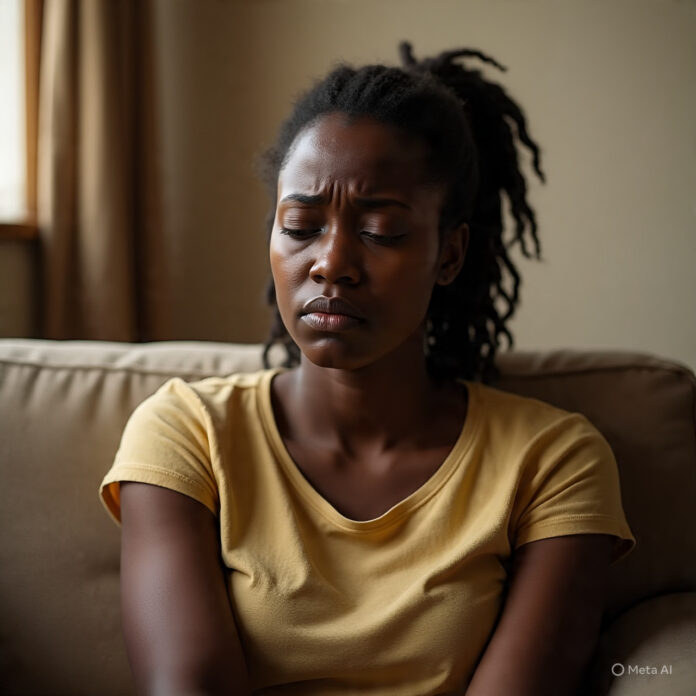By Aisha Umar Bello
Nigeria, some battles are invisible. A young man’s sleepless nights may be called depression by one person and jinn possession by another. In a nation where faith runs deep, the line between the medical and the spiritual is thin, and lives often hang in the balance.
Mariam*, a 22 years old student from Kaduna, had always been vibrant. Then, almost overnight, she became withdrawn, anxious, and prone to sudden tears. Her family took her to a clinic. The doctor suspected depression. Her aunt disagreed, insisting it was jinn. “She wakes up screaming at night. That’s not normal sadness,” she argued.
Across Nigeria, this debate plays out daily. From the busy streets of kano to the quiet towns of Borno, families struggle to decide: Is it mental illness, or is it spiritual?
Islamic teachings acknowledge the existence of jinn beings created from smokeless fire, mentioned in the Qur’an. They can whisper doubts, cause fear, and in rare cases, harm humans. Christian communities also speak of demonic possession, often handled through deliverance prayers.
Sheikh sani musa , an Islamic scholar in kano explains: “Jinn are real, but not every strange behaviour is from them. Sometimes, people are just sick and need treatment
Mariam eventually found help through counseling, medication, and regular Qur’anic recitation. “We didn’t reject the doctor,” her mother said. “But we also didn’t ignore our faith.”
The stigma around both mental illness and spiritual affliction is still strong. Many keep quiet out of fear of being called “crazy” or “possessed.” But as conversations grow in homes, schools, and places of worship more Nigerians are learning that help can come from different doors.
Behind every calm face may be an unseen battle. And in Nigeria, that battle might be fought in the doctor’s office, the prayer room, or both.


